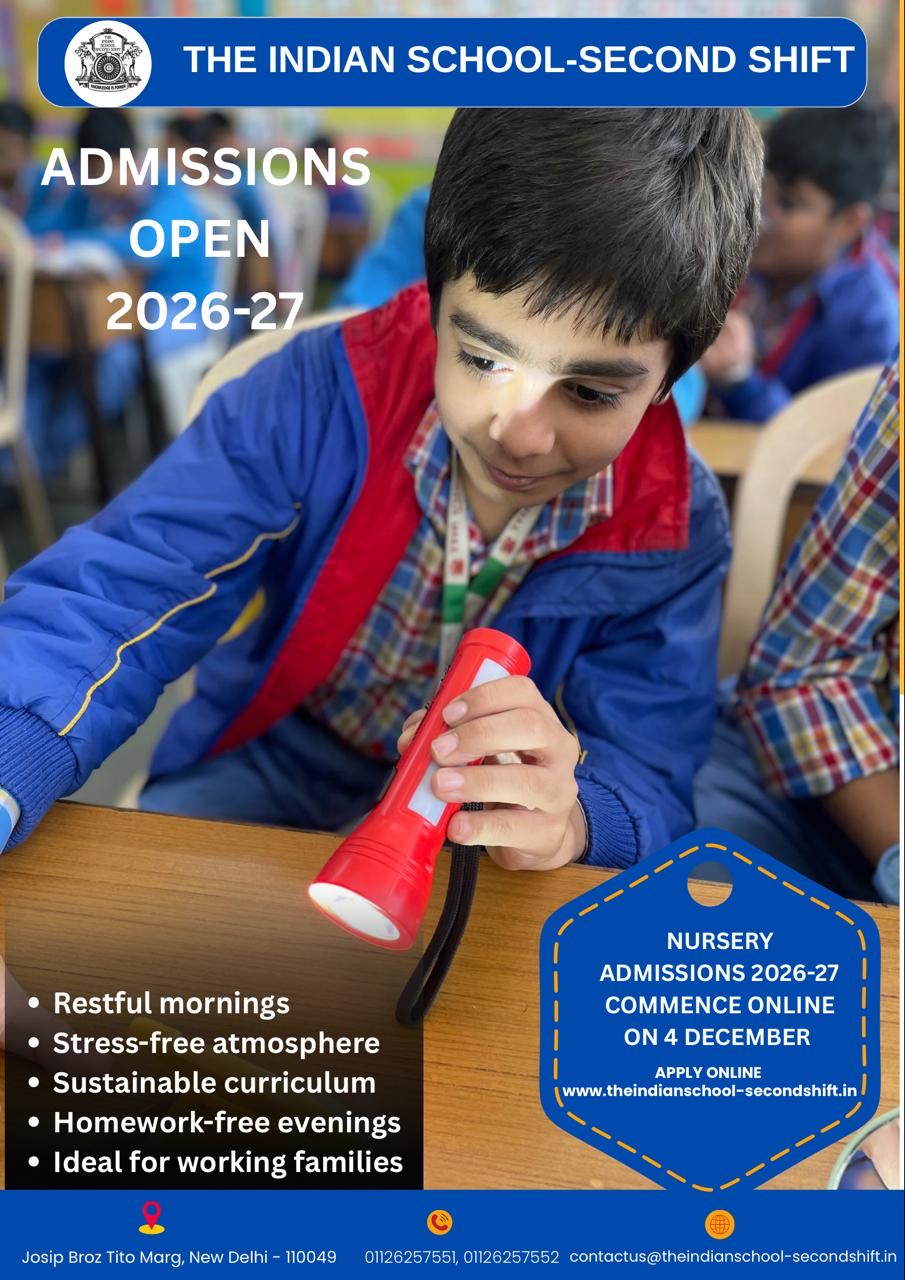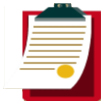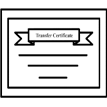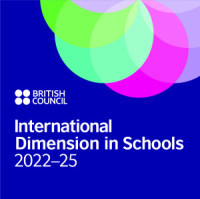Workshop on Experiential Learning
A common debate, in both academic and business circles, is about the value of formal business education compared to that of real-world experience. While there are both, staunch supporters and detractors of B-school education, the positive value-add that work experience brings for any professional is well acknowledged by all.
The significance of first-hand business experience is something that even the most meticulously crafted theoretical models in business education cannot dismiss. As a result, industry internships during business education have gained substantial importance.
The message is clear: Work experience counts. And this statement is not in conflict with the stand taken by advocates of formal education as education imparts the skill set that enables an individual to contribute productively to the professional world, and subsequently acquire the experience that is intrinsic to their development.
[gallery link="none" ids="7520,7521,7522"]
On 20th August 2016, a workshop was conducted for Science teachers on understanding the role of experiential learning in generating interest among students and familiarising them with concepts by connecting with real life scenarios, themselves.
Our facilitator at the workshop, Mr. Manmohan emphasised, Learning by Doing a generalisation for learning on the job is as important during the prime learning years of an individual, as it is in later work life, to set a secure foundation of learning and progress.
The basic Experiential Learning cycle was explained as one of act, reflect, conceptualize and apply. It was an activity-based workshop where different simulations, experiments, hands'-on kits and videos were used. One of the very effective ones was where we had to make a centrifuge with the materials given to us. The material was first handed out, for us to explore. Here the teachers came up with different ways to use it and create something. Later, a guide was provided with the steps to build the centrifuge. This also explained the difference between guided and unguided learning.
Not only were the benefits of experiential learning discussed, the challenges that teachers face during its implementation were also pointed out and resolved.
The workshop created an impact on the minds of participants to enhance their learning outcomes. We comprehended that retention rate was distinctly higher when learnt by doing and experiencing.










